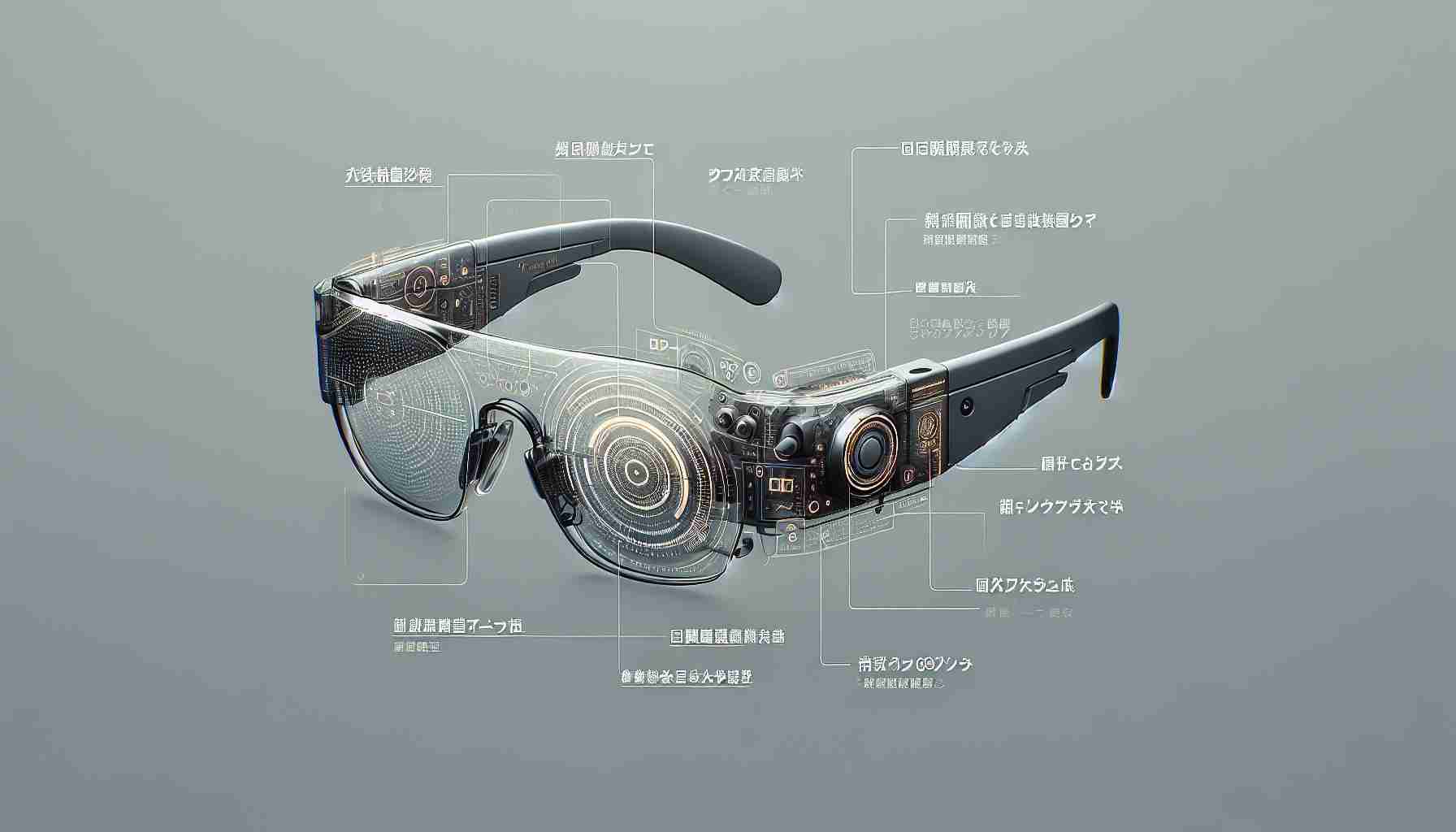Smart glasses, which seamlessly merge technology with the look of traditional eyewear, are being sold in Japan. These glasses offer functionalities similar to that of smartphones, allowing users to capture videos and photos as easily as they would see through a pair of conventional glasses. Some models can even pair with smartphones, enabling voice calls.
A spokesperson for the smart glass retailer highlighted the natural feel of these gadgets, stating they offer the same comfort as regular glasses and do not stand out aesthetically.
The sophistication of smart glasses was vividly demonstrated in an incident at Waseda University. In February, an examinee was caught using smart glasses to photograph test questions during the entrance examination, which were then transmitted to their smartphone and shared via social media to solicit answers.
This cheating attempt collapsed when one of the recipients reported the misconduct to the university. The student involved in this episode of dishonesty ultimately did not pass the exam. A Waseda University student expressed disappointment in the occurrence of fraud in such a crucial life event.
Journalist Yasushi Anjo commented on the evolving technology, suggesting that a continual cat-and-mouse chase between advancements and regulatory measures is inevitable. Indeed, wearables like smart glasses are advancing rapidly, posing significant challenges for educational authorities in managing fair testing environments. This incident echoes a similar case from January 2022, where a Japanese student tried to leak exam questions via a smartphone during a standardized college entrance test.
Relevant Facts:
– Smart glasses are part of a broader category of wearable technology, which also includes devices like smartwatches and fitness trackers.
– In Japan, there is a strong culture of adopting new technologies, making it a potential high-demand market for innovative tech products like smart glasses.
– The potential for smart glasses extends beyond consumer use into areas such as industrial applications, healthcare (for assisting surgery or patient care), and military use (for enhanced situational awareness).
– Privacy concerns around the use of cameras and recording devices in public spaces are a global issue related to smart glasses.
Key Questions and Answers:
– How do smart glasses work? Smart glasses incorporate a small display, and sometimes a camera, into the frame of the glasses. They can run apps and often connect wirelessly to smartphones, allowing users to receive notifications, take photos, or even get directions without looking at a phone screen.
– What regulations exist for smart glasses? Regulations vary by country but can include restrictions on recording devices, privacy laws, and in the case of exams, bans on electronic devices.
– How do they maintain a natural look? Manufacturers are designing smart glasses to look like traditional eyewear by integrating technology directly into the frames and minimizing visible components.
Key Challenges or Controversies:
– Privacy: The ability to record videos or take photos discreetly raises ethical and privacy concerns.
– Cheating in Academic Settings: As demonstrated by the Waseda University incident, smart glasses can facilitate cheating by allowing covert communication and information transfer.
– Distraction and Safety: The use of smart glasses while engaging in activities such as driving could be a safety hazard.
Advantages:
– Convenience: Smart glasses allow for hands-free operation of some smartphone functions.
– Augmented Reality (AR): They offer potential for AR applications, providing users with real-time information overlaid on their environment.
– Accessibility: They can assist those with disabilities by providing voice control and visual aids.
Disadvantages:
– Cost: High-tech components can make smart glasses more expensive than regular eyewear.
– Battery Life: The need for frequent charging can limit the practicality for continuous use.
– Social Acceptance: Concerns over privacy and the recording of individuals without consent can make smart glasses controversial in social settings.
Suggested related links:
– Japan Times
– The Verge
– Wired
